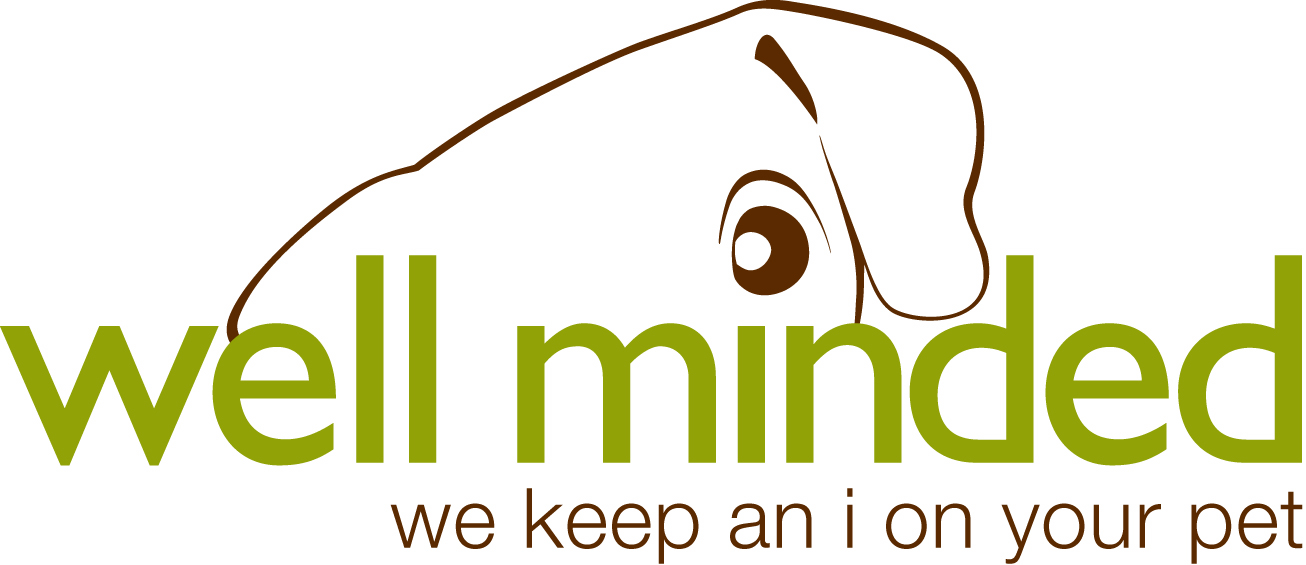I've been speaking to my brother-in-law, Greg, about his avid hunting for years, and I've written about it before. Although I'm now aiming at a vegan lifestyle, I've eaten his kills in the past with delight, as long as I didn't have to see their faces. Yes, I was that kind of meat eater. A crispy, tender breast is not nearly as lovable as the duck from which it comes.
That is becoming more difficult for me to swallow. I had a conversation with Greg about the hunter and the hunt. Since Greg most often hunts water fowl and upland game birds, we focused on that.
WM: Greg, I know that you are an "ethical hunter." That will sound like an oxymoron to a lot of our readers.
Greg: Well, first off, let me say that a good ethical hunter does not take game for the sake or thrill of the kill, and they only take what they need or will use. I think that water fowl and upland game birds are delicious–a delicacy–so I always eat what I kill.
WM: So the meat doesn't go to waste for the sake of a studly picture, and you're not hanging them on your wall. How much do the animals suffer?
Greg: Not every shot is a good clean kill. There are times when you might only break a wing or create an injury that renders the bird flightless. When a bird is recovered that is not dead, a quick ring of the neck is usually what is done to kill the bird.
WM: Ugh.
Greg: With that said, practicing good ethical hunting can greatly decrease the amount of crippled birds. A good ethical hunter knows the distance and range that is lethal and will only take shots within that range, which results in more clean kills.
WM: So less suffering?
Greg: Yes, and the use of a well-trained dog greatly increases the amount of game recovered.
WM: So a crippled bird isn't left to suffer in a bush?
Greg: Exactly. There is no doubt that you are killing an animal, and some people will never be able to look past that. For me, it is something I have been able to look past, as a hunter.
WM: You often talk about how hunters benefit the population of animals they kill, as a whole. Will you please explain that?
Greg: Hunters do more for wildlife conservation, preservation, and habitat restoration than any other group. It is the revenue, donations, and volunteer hours from hunters that have attributed to the success of organizations such as Ducks Unlimited and Pheasants Forever, as well as state and federal game regulatory agencies.
WM: So how does this help the animals?
Greg: Simply put, if you were to remove hunters out of the equation, you would see a rapid decline in wildlife populations, habitat, and funding. It is the revenue generated from hunting that allows many of the wildlife organizations to exist. Many manufactures of hunting equipment direct percentages of revenues to support various wildlife organizations. In some instances, 100% of state and federal funding comes from the sale of hunting licenses of species specific tags.
WM: Isn't this all a bit self-serving in the name of conservation? I mean, the greater the population of animals, the more there is to hunt, right?
Greg: We, as hunters, are advocates for the well-being and long term health of the species we hunt. We do not do this with the hopes of killing more animals. It is to ensure the animals' survival and the protection of the habitat needed to support a healthy population.
WM: So there is thought given to the natural balance of things?
Greg: As humans, we have corrupted the natural ecosystem and destroyed millions of acres of habitat through development, farming, and pollution. It is our responsibility as hunters to restore the habitats needed to support healthy populations of wildlife, and it is our role as hunters to keep populations at a level that the available habitat will support. Different states and regions will set game limits accordingly. If it were not for hunters, some species would literally overpopulate and destroy their own habitat and run the risk of spreading diseases that could threaten the long term survival of the species.
WM: So hunters are actually helping maintain a balance between habitat and population.
Greg: Ducks Unlimited explains it well:
Ducks Unlimited is the world's leader in wetlands and waterfowl conservation.
DU got its start in 1837 during the Dust Bowl when North America's drought-plagued waterfowl populations had plunged to unprecedented lows. Determined not to sit idly by as the continents waterfowl dwindled beyond recovery, a small group of sportsmen joined together to form an organization that became known as Ducks Unlimited. Its mission: habitat conservation.
WM: Thank you for speaking about this, Greg.
Greg is able to take what I tend to see simply as an lighthearted, thoughtless slaughtering of innocent animals and raise in me a greater appreciation for the ethical hunter. I may not be able to accept it, but at least I can better understand it.
It does raise other questions for me, however. Though the "ethical hunter" seems to be doing his part to give back, what percentage of hunters are ethical? And if you're not an "ethical hunter," what category do you fall into, and what does that look like?
Do you have any questions for Greg?

